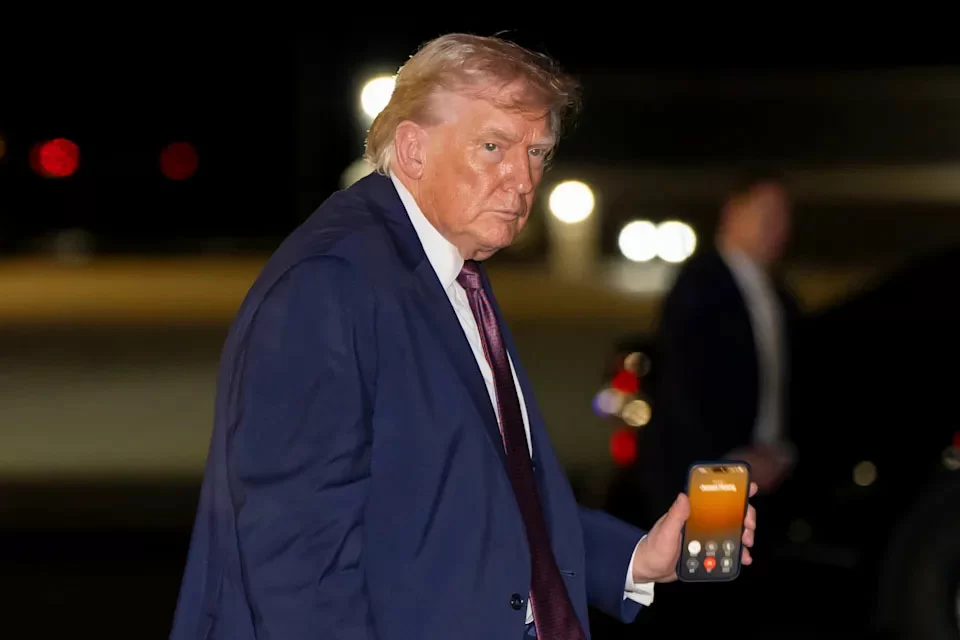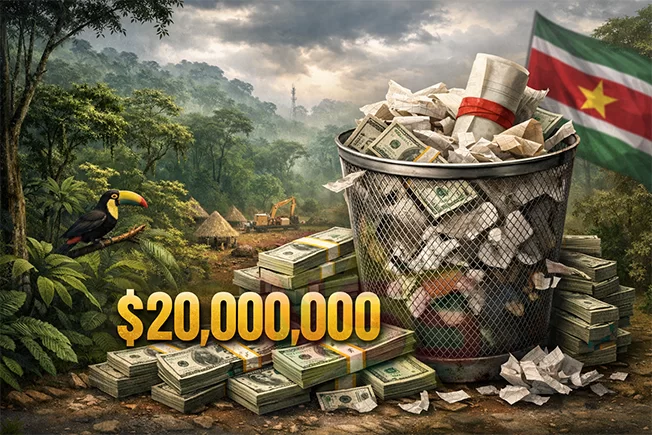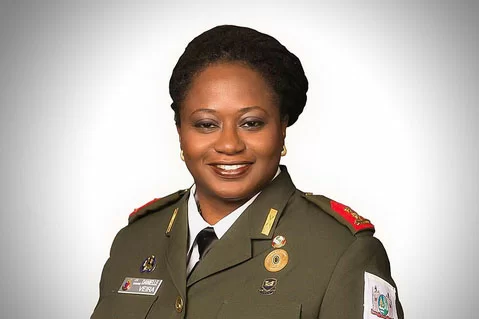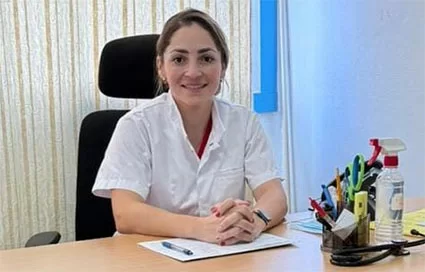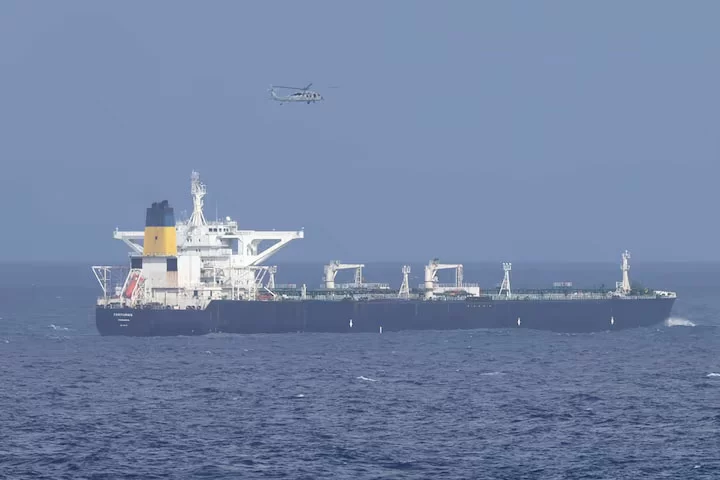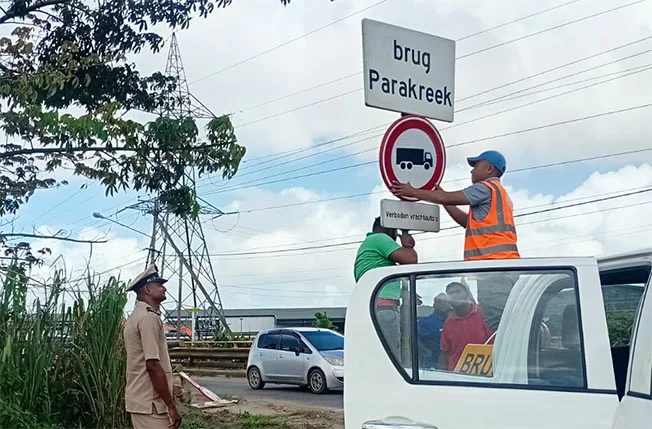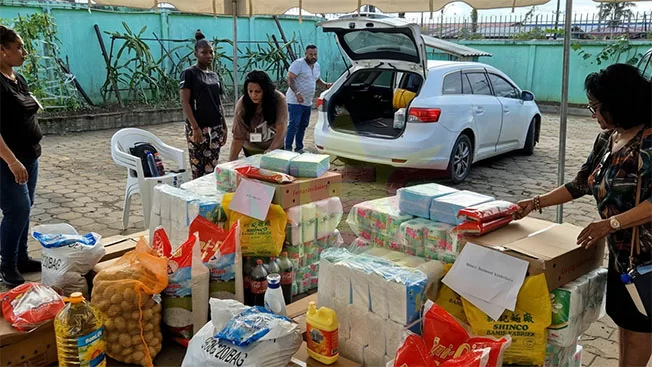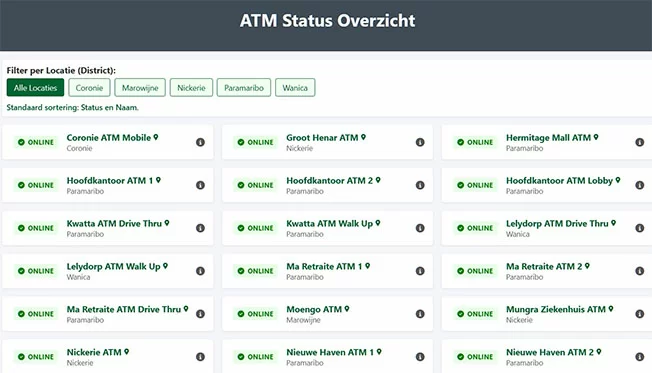The Trump administration has initiated a sweeping restructuring of U.S. diplomatic corps, recalling approximately 30 career ambassadors from missions worldwide including Suriname’s envoy Robert Faucher. This strategic move replaces Biden-appointed diplomats who had previously survived an initial review during the early phase of President Trump’s second term.
According to two anonymous State Department officials, affected ambassadors across at least 29 countries received notifications last week that their tenures would conclude in January. While these diplomats won’t lose their Foreign Service positions, they will return to Washington for reassignment to different roles within the department.
The State Department declined to confirm specific names or exact numbers but characterized the recalls as “standard procedure during any new administration.” Officials emphasized that ambassadors serve as the president’s personal representatives, and the administration maintains the right to appoint individuals who fully align with its “America First” policy priorities.
Africa experiences the most significant impact with 13 nations affected, including key posts in Burundi, Cameroon, Ivory Coast, Nigeria, and Rwanda. Asia faces six ambassador changes covering the Philippines and Vietnam, while additional recalls affect diplomatic missions across Europe, the Middle East, South and Central Asia, and the Western Hemisphere. Beyond Suriname, the list includes Guatemala, Nepal, Sri Lanka, Armenia, and Macedonia.
The recalls, first reported by Politico, have raised concerns among some U.S. Congress members and the union representing American diplomats, who question the potential disruption to international relationships and continuity in foreign policy implementation.
